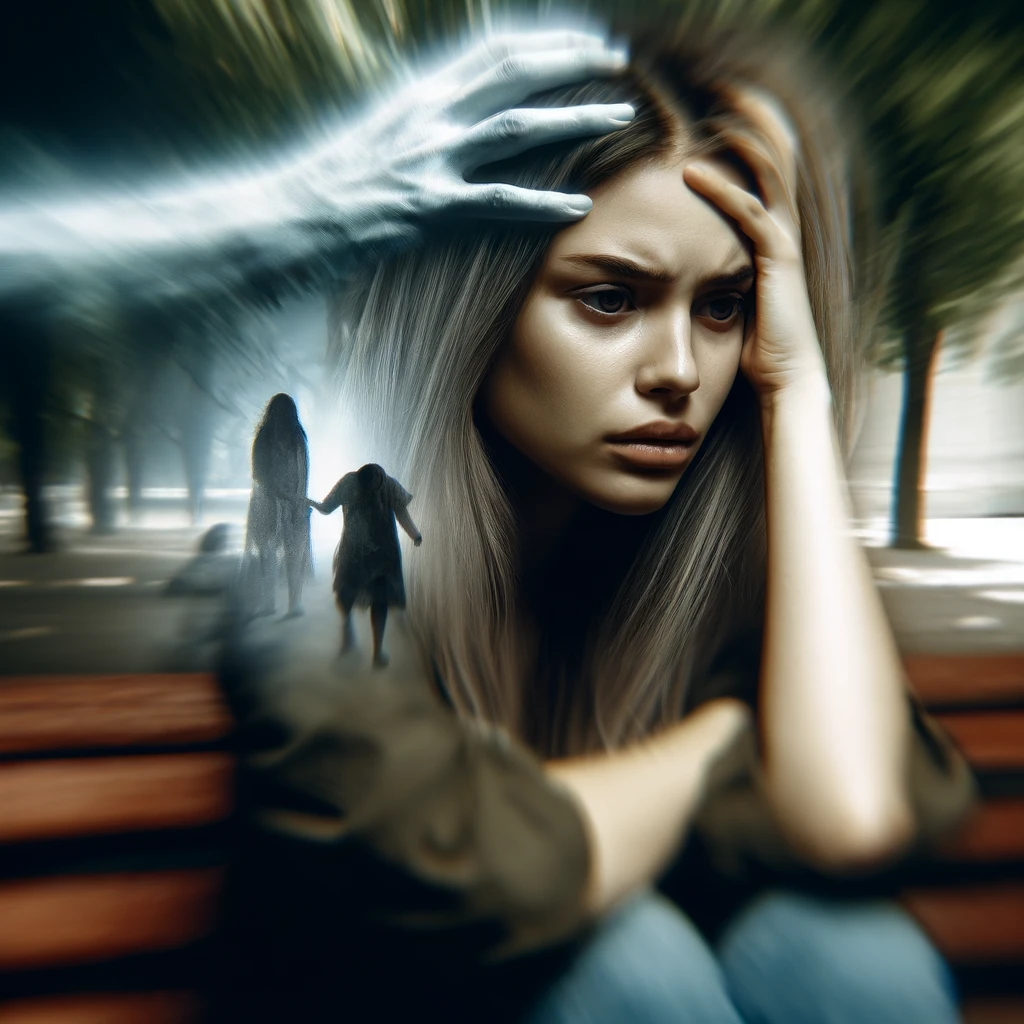
Understanding Post-Traumatic Stress Disorder: Beyond Just a Bad Memory.
Post-Traumatic Stress Disorder (PTSD) is a psychological condition that may emerge after an individual has been exposed to a traumatic event. These events can include life-threatening situations such as serious accidents, natural disasters, acts of terrorism, wartime conflicts, or personal violence, including physical or sexual assaults. Despite its widespread prevalence, PTSD remains frequently misunderstood and underestimated, negatively affecting both those who suffer from it and society at large.
The Trigger: When the Mind Remains Trapped in Trauma
PTSD does not discriminate by age, gender, or socioeconomic status, affecting millions of people around the world each year. However, not everyone who experiences a traumatic event will develop this disorder; individual responses are highly variable and can be influenced by genetic, psychological, and social factors.

The core of PTSD lies in the body’s “fight or flight” response, a primal mechanism activated in dangerous situations. In individuals with PTSD, this response is triggered erratically and disproportionately, leading to intense reactions to memories of the trauma, known as “flashbacks,” which can occur suddenly and overwhelmingly.
Symptoms and Warning Signs: Recognizing PTSD
Identifying PTSD can be challenging, especially since many of its symptoms overlap with other psychological conditions like depression and anxiety. The symptoms of PTSD are categorized into several groups:
- Re-experiencing the trauma: This includes flashbacks, nightmares, and intrusive thoughts about the event.
- Avoidance: The person may avoid places, people, or activities that remind them of the traumatic event.
- Cognitive and mood alterations: Difficulty in remembering important aspects of the traumatic event, feelings of hopelessness, and emotional detachment from friends and family.
- Changes in arousal and reactivity: Manifested in irritability, angry outbursts, self-destructive behavior, hypervigilance, and difficulty sleeping.

Therapeutic Approaches: Light at the End of the Tunnel
The treatment of PTSD has significantly advanced in recent decades, with a variety of therapeutic approaches available to help individuals regain their quality of life. Cognitive-behavioral therapy (CBT) is one of the most effective, designed to change thought patterns that perpetuate suffering. Moreover, techniques such as exposure therapy and cognitive processing have shown to be particularly beneficial.
Another promising approach is MDMA-assisted therapy, currently in trial phases, which has shown encouraging results in reducing PTSD symptoms. Additionally, psychosocial support, including self-help groups and family therapy, plays a crucial role in treatment.
Prevention and Early Intervention: Keys to a Resilient Society
Prevention and early intervention are essential for managing the impact of PTSD. Education about the signs and symptoms of the disorder is crucial not only for healthcare professionals but also for the general population. Recognizing early signs and seeking help proactively can be pivotal in the disorder’s progression.

At Centro Médico Villar e Ibarra, we are committed to offering a comprehensive and up-to-date approach to mental health, addressing conditions like PTSD with the seriousness and depth they require. We believe in the importance of education and prevention as foundational pillars for a healthy and informed community.
Note keywords: PTSD, mental health, PTSD treatment, PTSD symptoms, PTSD support, cognitive-behavioral therapy


